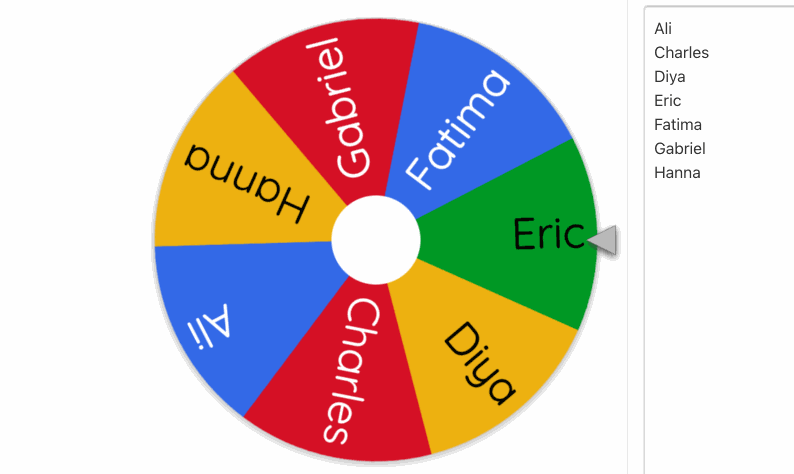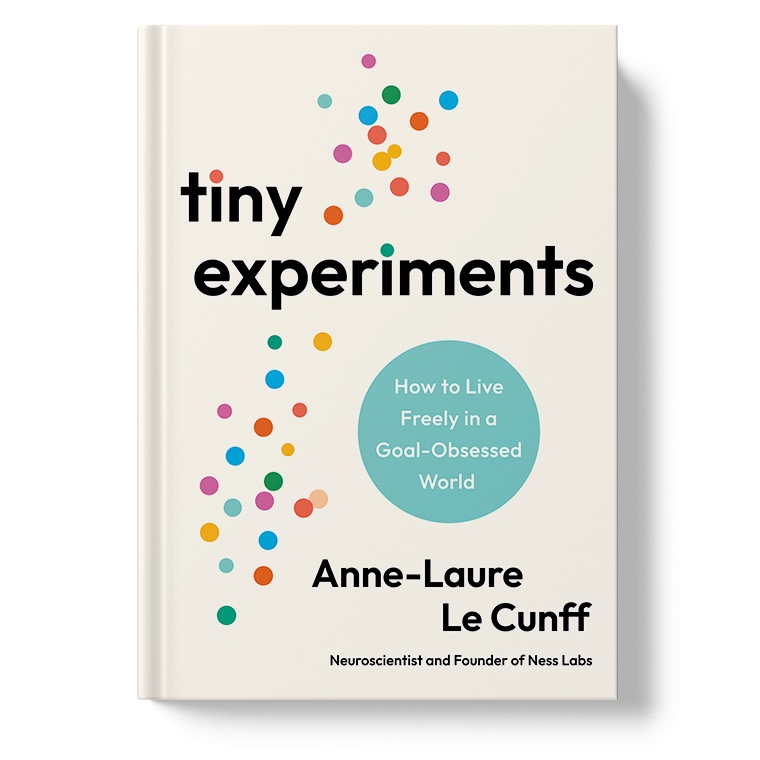Leadership Monthly Lesson: It's About How Good Others Believe You Are

Monthly Lesson - Leadership is Not About How Good You Are, But How Good Others Believe You Are!
In my nearly 20-year career journey, I’ve received numerous leadership courses. Recently, there have been DISC assessments, situational leadership, Coaching for Alignment Breakthrough & Inspiration, CliftonStrengths courses, and of course Amazon’s unique Day 1 culture, 16 leadership principles, and corresponding organizational mechanisms. While I’ve had plenty of theoretical learning, the key lies in practical application and consciously incorporating these into daily behaviors.
This month’s theme is leadership, but back in February, Gupta dropped a classic line that was shared by Kaikai on social media:
“Leadership is not how good you are, is about how good others believe you are.”
Leadership is about how others see you, how good others believe you are, not how good you think you are. What do you think?!
Wheel of Names | The Power of Randomness

The first tool that connected with me was this wheel. Peter uses it in class to randomly select a student to answer questions. Students who have answered can be exempted from other questions later. With this small tool, the interactive atmosphere became more interesting, and all students felt the tension of participating in the game. Being selected feels lucky, like winning a prize.
Amazon also uses a similar wheel game internally. In the early days of cloud services when there were fewer types of services, we implemented a mechanism where senior leadership, all service managers, and numerous engineers would meet for two hours each week to review service metrics, raise and solve problems, and share best practices. As services increased to dozens or hundreds and teams rapidly expanded, how could we ensure the continued high-standard operation of AWS? Amazon expected that whether selected to report at the big meeting or not, every team would be prepared for weekly reporting and ensure leadership was aware of these details. Thus, the lucky wheel was born.
Games are the core of social interaction and can even be applied in daily work!
Peter uses the online tool: https://wheelofnames.com/ Amazon’s open-source wheel tool is: https://github.com/aws/aws-ops-wheel
Tiny Experiments | Open-mindedness and Curiosity

Leadership Principle - Learn & Be Curious
“Leaders are never done learning and always seek to improve themselves. They are curious about new possibilities and act to explore them.”
Many people around me often get very excited when starting something new, full of curiosity, but after completing it, they feel nothing special and have no desire to share or discuss. The beauty of life’s uncertainty lies in a heartfelt beginning and the journey itself. During exploration, the experience internalizes from behavior to self, and we strive to share with others.
Peter mentioned a book, “Tiny Experiments: How to Live Freely in a Goal-Obsessed World,” which created ripples in my calm work and life. The me who used to experiment with various new technologies, enthusiastically share new customer or industry cases with colleagues, and try a new sport every year seems to have become increasingly quiet in the past two years.